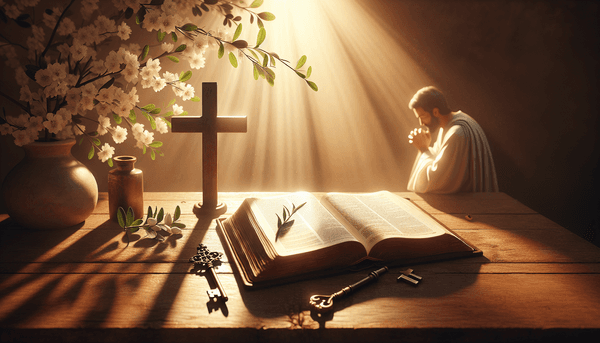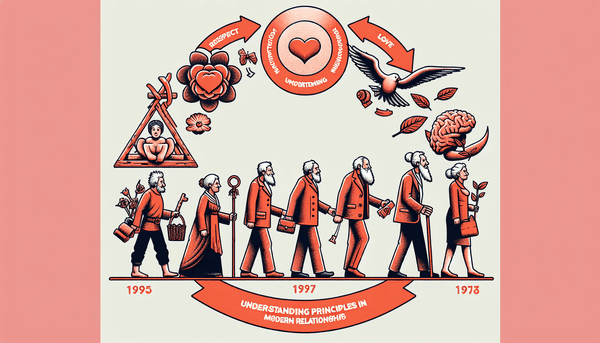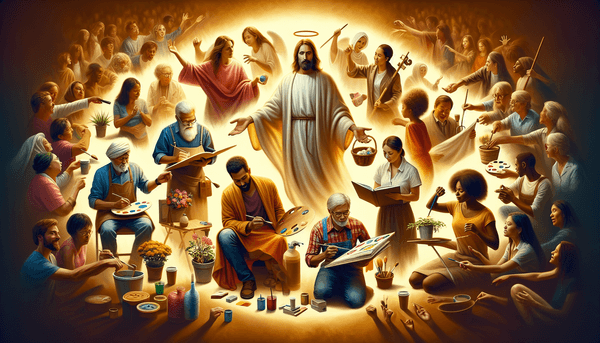God's Free Will
Though the Bible does not explicitly mention the phrase 'God's free will,' it is replete with references to His sovereignty and the ability to make choices according to His will. As stated in Isaiah 55:8-9, 'For my thoughts are not your thoughts, neither are your ways my ways, declares the Lord. For as the heavens are higher than the earth, so are my ways higher than your ways and my thoughts than your thoughts.' This passage underscores the incomprehensible nature of God's authority and wisdom. We find similar sentiments in passages like Psalm 115:3, 'But our God is in the heavens: he hath done whatsoever he hath pleased,' and in Daniel 4:35, which speaks of God's dominion and His will that cannot be thwarted. The New Testament echoes this in Romans 9:15-16, where God's mercy is not dependent on human will or effort, but on God's own sovereign choice, and in Ephesians 1:11, which talks of God working all things according to the counsel of His will. These scriptures together paint a picture of a God who is both free and purposeful in His actions, guiding us to trust in His perfect will even when it transcends our understanding.
The Beauty of God's Creation
The Bible, while not explicitly mentioning sunsets, is replete with verses that celebrate the beauty and majesty of God's creation. In Psalm 19:1, we read, 'The heavens declare the glory of God; the skies proclaim the work of his hands,' a verse that captures the awe-inspiring nature of the cosmos, including the breathtaking sight of a sunset. The psalmist in Psalm 8:3-4 marvels at the moon and the stars, acknowledging the majestic handiwork of the Creator. In the very beginning, Genesis 1:31 tells us that God saw all He had made, and it was very good, affirming the intrinsic beauty of the natural world. Job 12:7-10 invites us to learn from the beasts and the earth, to observe the life around us and recognize the hand of God in every aspect of creation. Romans 1:20 goes further to declare that God's invisible qualities, His eternal power, and divine nature, are clearly seen from what has been made. These scriptures not only prompt us to appreciate the splendor of creation but also to respond to it with stewardship and reverence, recognizing the creative power and glory of God in every sunset and landscape we behold.
The Armor of God
In Ephesians 6:10-18, the Apostle Paul presents believers with the metaphor of the 'armor of God,' urging them to equip themselves with spiritual defenses against life's trials and spiritual challenges. Each piece symbolizes a key aspect of spiritual preparedness: the Belt of Truth represents the importance of truthfulness and integrity; the Breastplate of Righteousness emphasizes living a life of obedience and righteousness; the Shoes of the Gospel of Peace remind us to be ready to share God's peace; the Shield of Faith is our defense against doubt and spiritual deception; the Helmet of Salvation provides assurance and protects our thoughts; and the Sword of the Spirit, which is the Word of God, is our offensive weapon against falsehood. Paul's call is not simply metaphorical but a practical guide to daily life, encouraging believers to 'stand firm' with truth, righteousness, faith, salvation, and the Spirit as their guides. This passage teaches us that being prepared with the armor of God is essential for withstanding the 'wiles of the devil' and remaining steadfast in our faith journey.
Conclusion
In this journey through the scriptures, we have touched on the sovereignty of God's will, the call to be devoted followers of Christ, the beauty of creation as a testament to God's power, and the provision of spiritual armor for believers. These concepts are more than just theological ideas; they are realities that shape our daily walk with God. Reflecting on these themes, we are similarly reminded of the transformative power of prayer in facing life's trials, as another aspect of our spiritual journey. May we be inspired to deepen our relationship with God, to live out our faith with conviction, and to stand firm in the truth that has been revealed to us. Let us carry these lessons forward, ever mindful of the grace that guides us and the love that sustains us in our pursuit of righteousness and truth.
FAQ
Q: Which scripture in the Bible speaks of God's free will?
A: The Bible does not explicitly mention 'God's free will,' but speaks of God's sovereignty and ability to make choices. Isaiah 55:8-9 emphasizes God's authority and freedom to act according to his wisdom and purposes.
Q: What is a line in the Bible about being a devoted follower?
A: John 12:26 says, 'If anyone serves me, he must follow me; and where I am, there will my servant be also. If anyone serves me, the Father will honor him,' which speaks to being a devoted follower of Jesus.
Q: Bible verse about sunsets?
A: The Bible does not specifically mention sunsets, but Psalm 19:1 says, 'The heavens declare the glory of God; the skies proclaim the work of his hands,' which can be related to the beauty of sunsets.
Q: What does the 'armor of God' refer to?
A: The 'armor of God' is a metaphorical description in Ephesians 6:10-18 of the spiritual defenses believers should equip themselves with, such as truth, righteousness, faith, and the Word of God.






